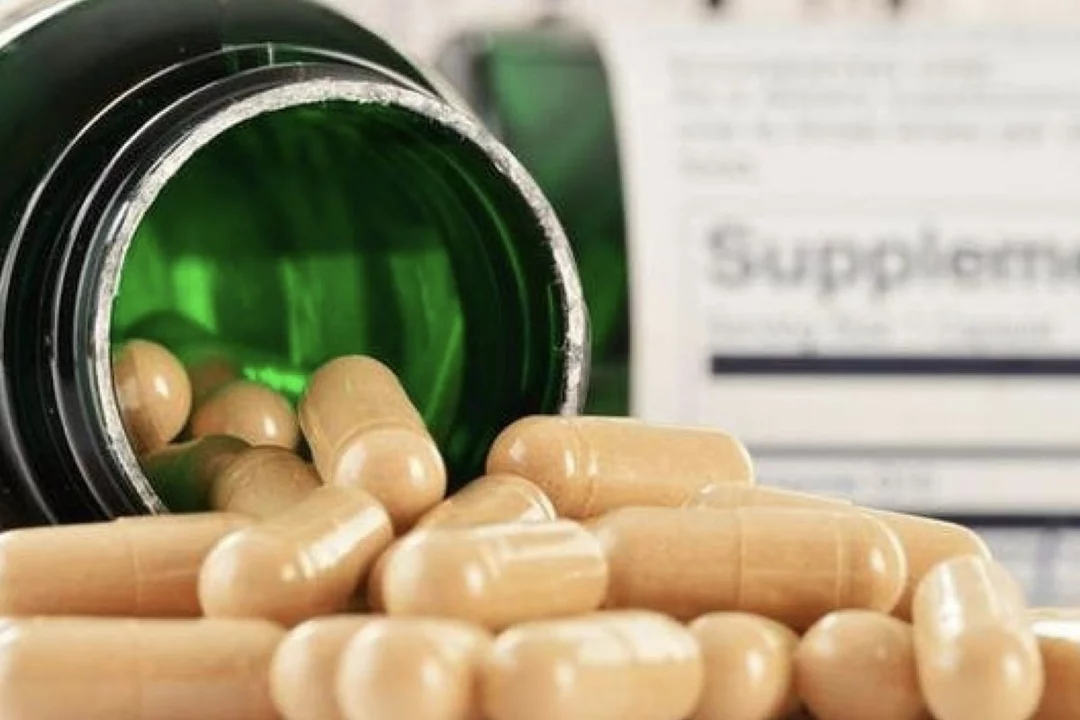Henbane: What it Is and Why You Should Treat It Carefully
Henbane (Hyoscyamus niger) is an old medicinal plant with a nasty side: it contains powerful tropane alkaloids like hyoscyamine, scopolamine, and small amounts of atropine. Those same chemicals show up in useful drugs — think scopolamine patches for motion sickness or atropine for slow heartbeats — but the plant itself is unpredictable and often toxic. If you find henbane in a garden, treat it like a dangerous chemical, not a folk remedy.
What henbane does and common risks
Henbane’s alkaloids block parts of the nervous system called muscarinic receptors. That makes your mouth dry, pupils huge, skin hot and flushed, heart race, and urine hard to pass. At higher doses people get confusion, hallucinations, severe agitation, seizures, or coma. Kids and pets can become seriously ill from tiny amounts.
Some specific signs to watch for: dry mouth, difficulty speaking, blurred vision, light sensitivity, fast heartbeat, high temperature, agitation, memory gaps, and seeing things that aren’t there. Because symptoms vary with dose and plant part, you can’t guess how strong it will be by looking at it.
How to stay safe and what to do in poisoning
Don’t ingest any part of henbane. Don’t make teas, tinctures, or home remedies from it. If you’re handling the plant, wear gloves and wash hands thoroughly — the alkaloids can absorb through the skin.
If someone has eaten henbane or shows signs of anticholinergic poisoning, call emergency services right away. While waiting for help: keep the person calm, remove any plant material from the mouth, and don’t induce vomiting unless professionals tell you to. If ingestion was recent and you’re advised to do so by poison control, activated charcoal may be given in hospital to reduce absorption.
Treatment in hospital focuses on supportive care: cooling if overheated, IV fluids, control of agitation with benzodiazepines, and close heart monitoring. In serious cases a doctor may use physostigmine as an antidote — but this drug is given only under strict medical supervision because it has risks.
Curious about the medical side? The compounds isolated from henbane inspired real medicines, but pharmaceutical versions are standardized and dosed safely. That’s why you should never replace prescribed anticholinergic drugs with raw plant extracts.
If you garden where henbane grows, remove it safely: gloves, long sleeves, and dispose in sealed bags. Keep children and pets away. If you suspect exposure, contact your local poison control center or emergency department immediately.
Need more reliable info on related medications or safer alternatives? Check our articles on anticholinergic drugs, motion-sickness treatments, and how to buy medicines safely online. When in doubt, ask a pharmacist or doctor — they’ll give advice that won’t risk your health.

The Science Behind Henbane: Unveiling the Health-Boosting Properties of This Amazing Dietary Supplement
Jun 12 2023 / Health and WellnessAs a blogger, I recently delved into the science behind Henbane, a fascinating dietary supplement with numerous health-boosting properties. This remarkable plant, often overlooked, has been used in traditional medicine for centuries. My research unveiled that Henbane contains various alkaloids, which have been found to promote digestive health, alleviate pain, and even exhibit some sedative effects. However, it's essential to use this supplement with caution, as excessive consumption can lead to some adverse effects. Overall, incorporating Henbane into our daily routine can be a game-changer for our health and well-being, but always remember to consult a healthcare professional before trying new supplements.
VIEW MORE